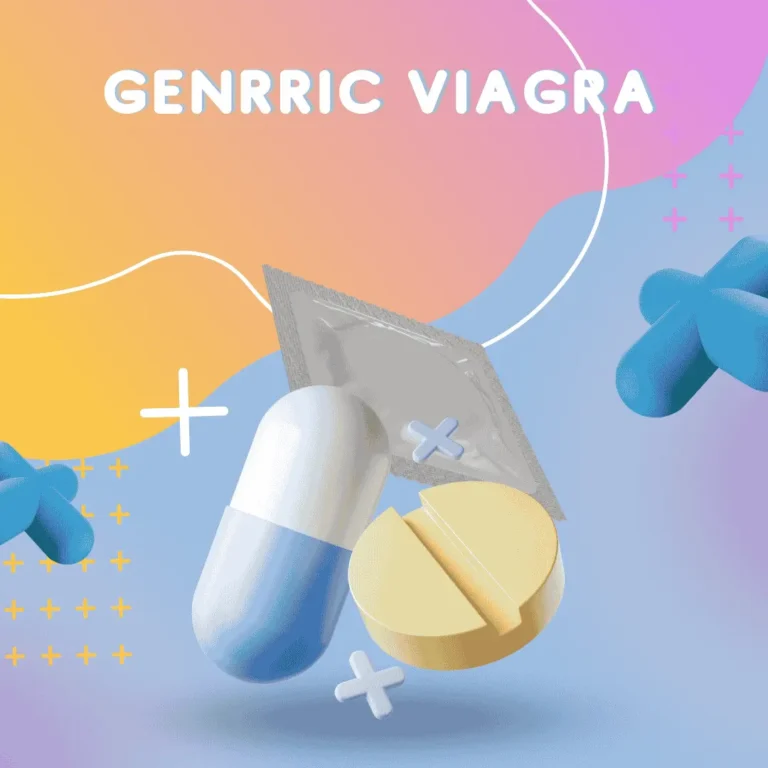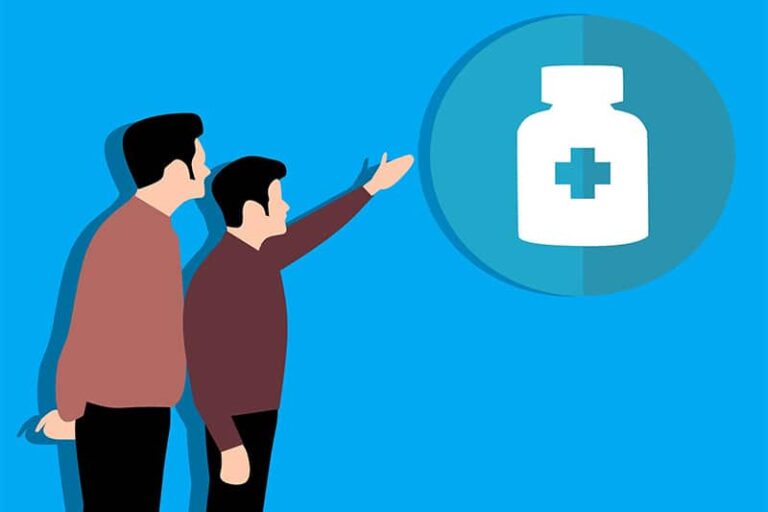Erectile Dysfunction
What is erectile dysfunction (ED)?
Erectile dysfunction (ED) is the inability to get and keep an erection firm enough for sexual intercourse. Approximately one in 10 adult males will suffer from ED at some point during their lifetime. It is important to understand that in most cases, ED is a symptom of another, underlying problem. Erectile dysfunction is not considered normal at any age and may be associated with other problems that interfere with sexual intercourse, such as lack of desire and problems with orgasm and ejaculation.
Erectile Dysfunction Causes
In the past, doctors tended to blame erectile dysfunction on psychological problems or, with older men, on the aging process. Medical opinion has changed. While it takes longer to get aroused as you age, regular erectile dysfunction deserves medical attention. Also, the problem isn’t usually psychological. Urologists now think physical problems contribute to most long-lasting cases of ED in men over 50.
Erectile dysfunction in older men. Erections mainly involve the blood vessels. And the most common causes of ED in older men are conditions that block blood flow to the penis. These include hardening of the arteries (atherosclerosis) and diabetes. Another cause may be a faulty vein that lets blood drain too quickly from the penis. Other disorders, as well as hormonal imbalances and certain operations, may also cause ED.
The blood vessel processes that lead to an erection are controlled by your nervous system. Some medications can interfere with the nerve signals that make an erection happen. They include certain stimulants, sedatives, diuretics, antihistamines, and drugs to treat high blood pressure, cancer, or depression. But never stop taking a medication unless your doctor tells you to. Alcohol, tobacco, and illegal drugs, such as marijuana, may also contribute to ED.
Erectile dysfunction in younger men. In younger men, psychological problems are the most likely reason for ED. Poor communication with your partner, or differences in sexual preferences, can lead to tension and anxiety. The problem may also be linked to these things:
- Depression
- Fatigue
- Sexual fears
- Stress
- Feeling that you’re not good enough
- Rejection by your parents or peers
- Childhood sexual abuse
What medications could cause erectile dysfunction (ED)?
Erectile dysfunction (ED) is a common side effect of some prescription drugs. While these medications may treat a disease or condition, in doing so, they can affect a man’s hormones, nerves, or blood circulation, resulting in ED or increasing the risk of ED.
If you experience ED and think that it may result from the medication you are using, do not stop taking the drug. If the problem persists, contact your doctor, and he may be able to prescribe a different medication. Common medications that may list ED as a potential side effect include:
- Diuretics (pills that cause increased urine flow).
- Antihypertensives (high blood pressure drugs).
- Antidepressants.
- Antihistamines.
- Muscle relaxants.
- Parkinson’s disease drugs.
- Antiarrhythmics (drug for irregular heart action).
- Tranquilizers.
- Chemotherapy medications.
- Anti-seizure medications.
- Nonsteroidal anti-inflammatory drugs.
- Histamine H2-receptor antagonists.
- Hormones.
- Prostate cancer drugs.
Other substances or drugs that can cause or lead to ED include these recreational and frequently abused drugs:
- Alcohol.
- Amphetamines.
- Opiates.
- Barbiturates.
- Cocaine.
- Marijuana.
- Nicotine.
- Methadone.
These drugs not only affect and often suppress the central nervous system, but can also cause serious damage to the blood vessels, leading to permanent ED.
Erectile Dysfunction Symptoms
- Be unable to get an erection at all
- Have trouble keeping an erection long enough for sex
- Get an erection sometimes
- Lack desire for sex
Erectile Dysfunction Diagnosis
When you see a doctor for ED symptoms, they’ll try to find out whether you have another health condition that could cause the problem. They’ll ask about your medical history, including questions about your sex life. You might have:
- A physical. It will include an examination of your penis and testicles.
- Blood and pee tests. These check for problems like diabetes, heart disease, and low testosterone.
- An ultrasound. This allows your doctor to see whether blood flow problems are affecting your penis.
- A mental health exam. This can reveal whether you have stress, depression, or other issues that could lead to ED.
Erectile Dysfunction Treatment
The treatment for your ED will depend on what’s causing it, as well as what you and your partner think will work best. Your doctor can help you decide. Treatments include:
Medications. You take drugs like sildenafil (Generic Viagra), tadalafil (Generic Cialis), and vardenafil (Generic Levitra ) as pills before you have sex. It works by increasing blood flow in your penis. It helps you get an erection once you’re sexually excited.
Lifestyle changes. Your doctor might suggest that you lose weight or start an exercise routine to improve your ED symptoms. They might also recommend stopping smoking, drinking alcohol, or using marijuana or other drugs.
Counseling. If stress, depression, or relationship problems contribute to your ED, talking to a counselor could help.
Reference:
Erectile dysfunction link https://en.wikipedia.org/wiki/Erectile_dysfunction






